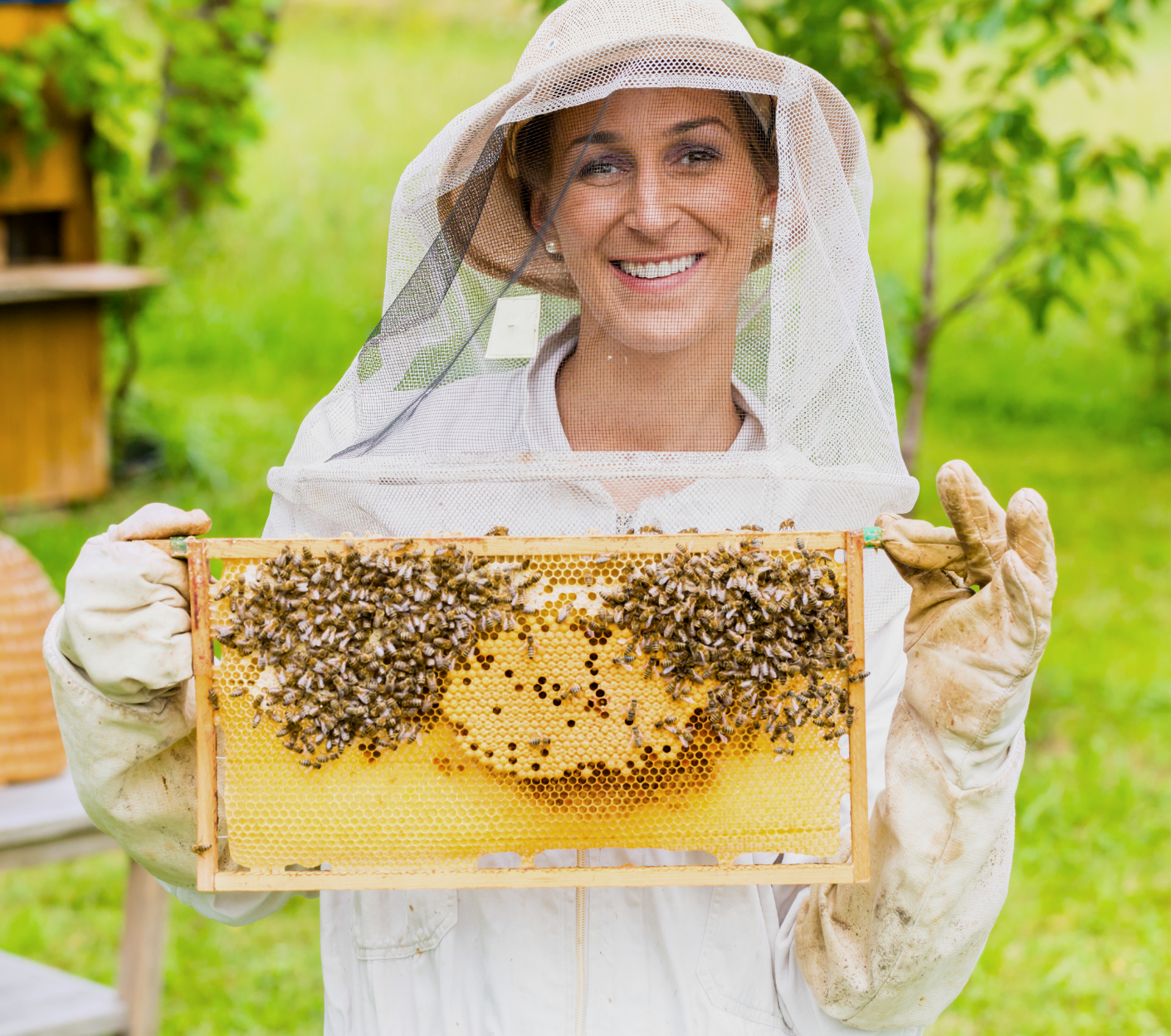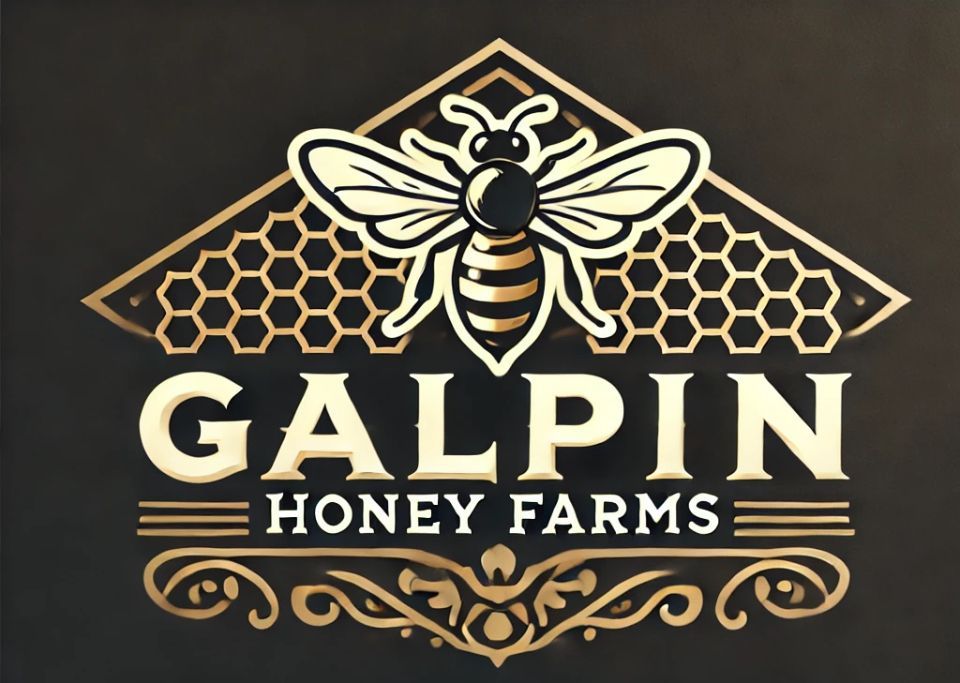Top Beekeeping Tips for Beginners
blog
How to Start and Succeed With Your First Hive
Beekeeping is one of the most rewarding hobbies you can take on — and it’s a vital way to support pollinators and your local ecosystem. Whether you’re hoping to harvest your own honey, pollinate your garden, or just enjoy the fascinating world of bees, there are a few key things every beginner should know.
At Galpin Honey Farms, we’ve spent generations raising healthy bees and helping new beekeepers succeed. Here are our best beekeeping tips for beginners to help you get started the right way:
Start Small but Strong
When you’re just starting out, one or two hives is plenty. Managing a hive takes time and care, and starting small allows you to learn at a manageable pace. Consider investing in a nucleus colony (nuc) rather than starting with a package of bees — a nuc gives you a head start with an already established queen, brood, and worker bees.
Choose the Right Location
Your bees need a safe, sunny, and well-drained location for their hive. Make sure there’s plenty of forage (wildflowers, clover, trees) nearby, and that your hives have a nearby water source. Place the entrance facing east or southeast so the bees can catch the morning sun. Avoid placing hives in low-lying, damp areas or spots that get blasted by strong winds.
Observe Before You Intervene
One of the biggest mistakes beginners make is opening their hives too often or making unnecessary changes. Bees are excellent at regulating themselves, so your job is to monitor and only intervene when necessary. Watch for signs of disease, queen failure, or pests — but otherwise, let them do their thing.
Manage Pests and Diseases
Unfortunately, bees face a number of threats, from varroa mites to small hive beetles. Learn to identify the signs of common pests and diseases early, and have a management plan in place. Keeping your hives strong and well-fed is the best prevention. Don’t forget to clean your equipment regularly and keep your apiary tidy to avoid attracting unwanted pests.
Invest in the Right Gear
A bee suit, gloves, smoker, and hive tool are must-haves for beginners. A good smoker is your best friend when inspecting the hive, as it calms the bees and makes your job much easier. Don’t skimp on protective gear — feeling comfortable and confident will help you stay calm and avoid unnecessary stings.
Feed When Needed
In times of nectar shortage — like early spring or late fall — your bees may need supplemental feeding. A bulk syrup supply can help keep your bees strong and productive when flowers aren’t blooming.
Plant for Pollinators
The more forage available, the healthier your bees will be. Consider planting pollinator-friendly flowers, trees, and shrubs on your property. Not only will this benefit your hives, but it also helps support wild pollinators and biodiversity in your area.

Be Patient and Enjoy the Journey
Beekeeping is a learning process, and every season brings new lessons. Don’t get discouraged by mistakes — even experienced beekeepers face challenges from weather, pests, and unpredictable bees. Focus on keeping your bees healthy and enjoying the fascinating, complex world inside the hive.
At Galpin Honey Farms, we’re here to help you every step of the way. From healthy nucleus colonies and queen bees to expert advice and sustainable beekeeping supplies, we have everything you need to succeed.
👉 Ready to start your beekeeping journey? Check out our products page and reserve your nucs and queens today!
